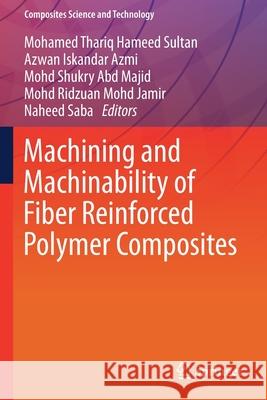Machining and Machinability of Fiber Reinforced Polymer Composites » książka
topmenu
Machining and Machinability of Fiber Reinforced Polymer Composites
ISBN-13: 9789813341555 / Angielski / Miękka / 2021 / 352 str.
Machining and Machinability of Fiber Reinforced Polymer Composites
ISBN-13: 9789813341555 / Angielski / Miękka / 2021 / 352 str.
cena 684,33
(netto: 651,74 VAT: 5%)
Najniższa cena z 30 dni: 616,85
(netto: 651,74 VAT: 5%)
Najniższa cena z 30 dni: 616,85
Termin realizacji zamówienia:
ok. 16-18 dni roboczych.
ok. 16-18 dni roboczych.
Darmowa dostawa!
Kategorie:
Kategorie BISAC:
Wydawca:
Springer
Język:
Angielski
ISBN-13:
9789813341555
Rok wydania:
2021
Ilość stron:
352
Waga:
0.49 kg
Wymiary:
23.39 x 15.6 x 1.85
Oprawa:
Miękka
Wolumenów:
01
Dodatkowe informacje:
Wydanie ilustrowane











